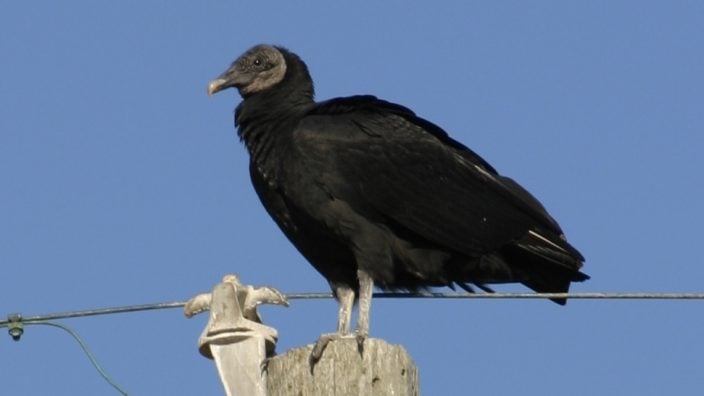2026 priorities discussed at Ohio Farm Bureau’s Ag Day at the Capital
Ohio Farm Bureau members met one-on-one with state legislators and staff to discuss policy priorities impacting Ohio’s farms and rural communities.
Read MoreApproved applicants will be allowed to remove up to 10 birds, which will be determined after consultation with USDA Wildlife Services.
Editor’s note: This article was updated Feb. 27, 2025.
The black vulture population has increased in Ohio in recent years. These birds, which have a dark gray head and can be aggressive, should not be confused with the larger, less aggressive red-headed, turkey vulture.
“Black vultures are an extremely aggressive predator,” said Roger High, director of livestock with Ohio Farm Bureau. “They come into livestock farms of all types and attack the newborn animals and are very destructive.”
While black vultures can be extremely detrimental to livestock producers, these birds remain important to conservation and agriculture resources by cleaning up animal carcasses from the ecosystem. As migratory birds, black vultures are federally protected by the Migratory Bird Treaty Act, state laws and regulations, which means they can’t be killed or destroyed without a U.S. Fish and Wildlife Services Migratory Bird Depredation permit.
As a way to streamline the permitting process, the Ohio Department of Natural Resources has obtained a statewide depredation permit for black vultures from the U.S. Fish and Wildlife Service. ODNR will work with USDA Wildlife Services to issue sub-permits to livestock producers who are experiencing issues with black vultures. These sub-permits cover commercial livestock, including cattle, horses, sheep, goats and swine and are free to livestock producers.
“As these birds continue to migrate further into Ohio, we are hearing more and more from our members about the devastation these birds are causing,” High said. “These improvements match much of Ohio Farm Bureau’s policy on black vultures. We have been involved in many conversations with these agencies about this issue, so we appreciate the efforts being made for farmers across Ohio.”
Approved applicants will be allowed to remove up to 10 birds, which will be determined after consultation with USDA Wildlife Services. Applicants must agree to follow all rules and regulations required by USFWS in the ODNR statewide permit. The sub-permit is free of charge and requires almost no paperwork for the livestock producer.
Livestock producers should contact USDA Wildlife Services at 614-993-3444 or 1-866-4USDAWS for information on black vulture damage management.

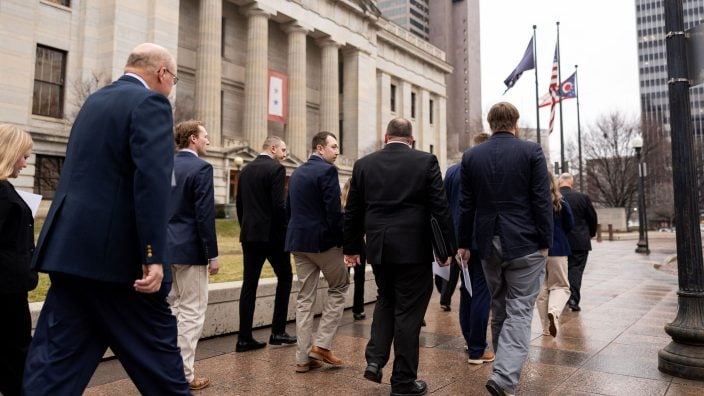
Ohio Farm Bureau members met one-on-one with state legislators and staff to discuss policy priorities impacting Ohio’s farms and rural communities.
Read More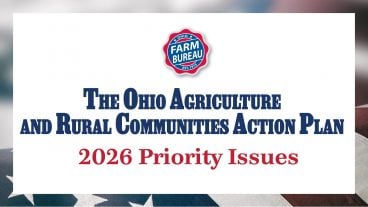
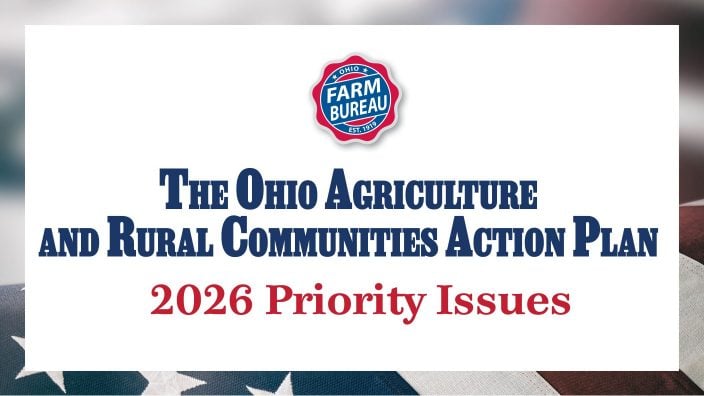
The plan provides a blueprint for policymakers and Ohio Farm Bureau members to bolster Ohio’s agriculture industry and our rural communities.
Read More

Introduced by Sen. Paula Hicks-Hudson, SB 120 would establish the Urban Farmer Youth Initiative Pilot Program.
Read More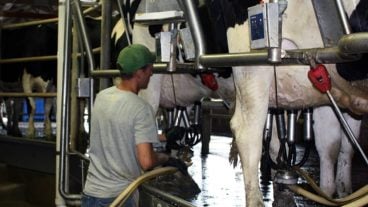
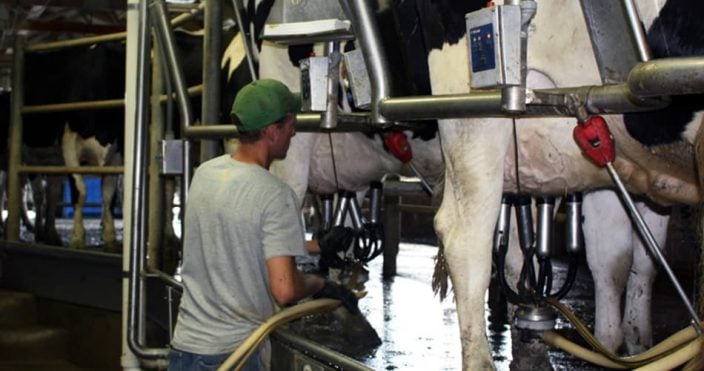
Join the Logan County Farm Bureau to learn more about pressing topics for your farms on Thursday, Feb. 26.
Read More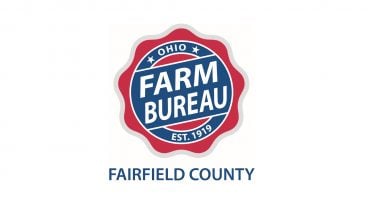
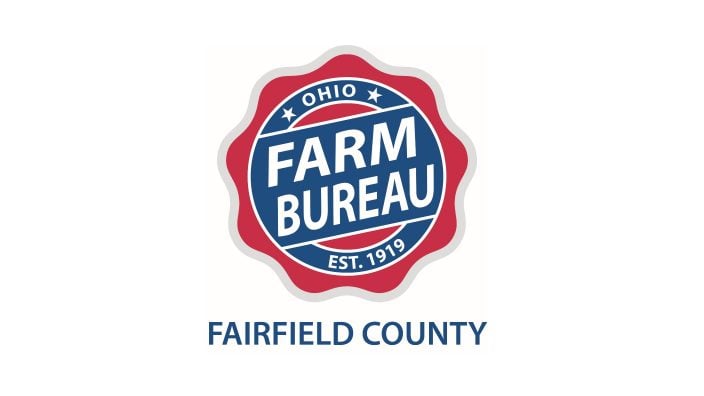
The meeting will take place Feb. 16, 2026, at 8 a.m. on the campus of Ohio University, Lancaster. RSVP by Feb. 12, 2026.
Read More

Leah Curtis joins this Legal with Leah to talk about what data centers mean for local communities and how to stay engaged in the development process
Read More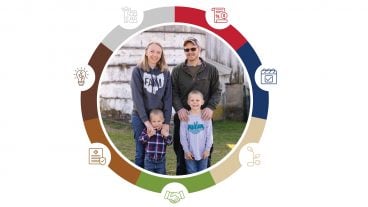
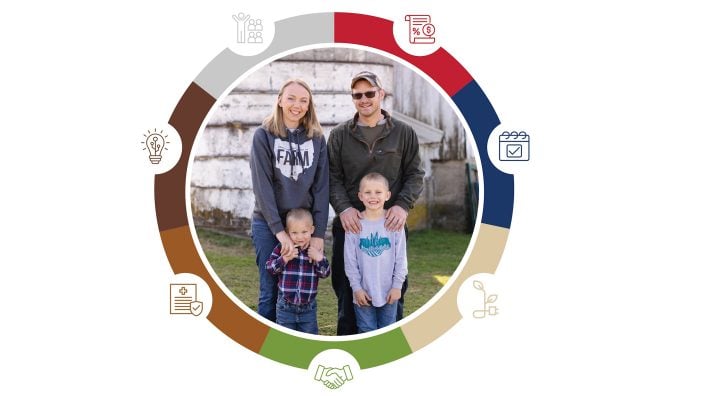
This 2025 By The Numbers report shares some of the public policy achievements and member programs that deliver value to all Ohio Farm Bureau members.
Read More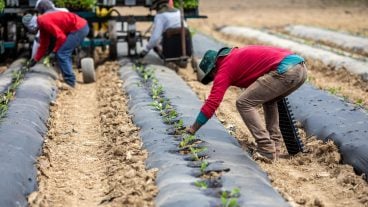
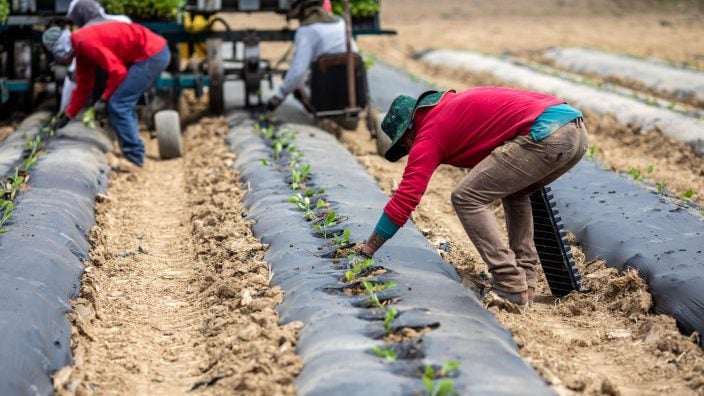
A recent state budget fix and a federal rule reform to H-2A have resulted in some relief for farmers who use the guest worker program.
Read More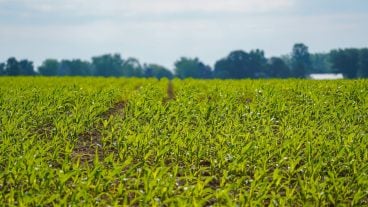
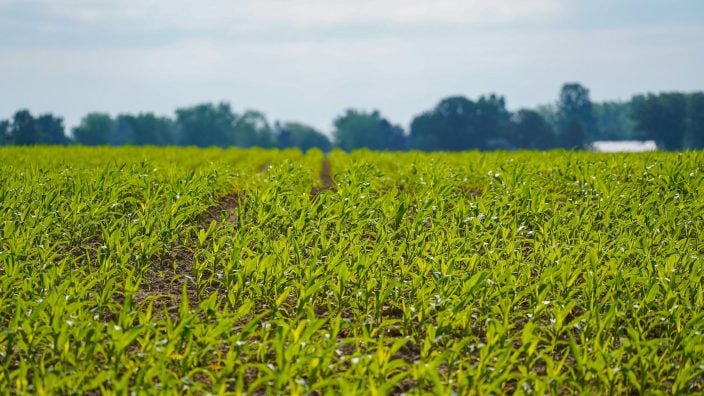
Ohio Farm Bureau advocated for a change in the law to allow family members and employees to handle pesticides while under the supervision of a licensed applicator. The rules around HB 10 are being finalized.
Read More

Four property tax reform bills were signed into Ohio law at the end of 2025. Ohio Farm Bureau Associate General Counsel Leah Curtis breaks down the bills and what the changes mean for Ohioans.
Read More